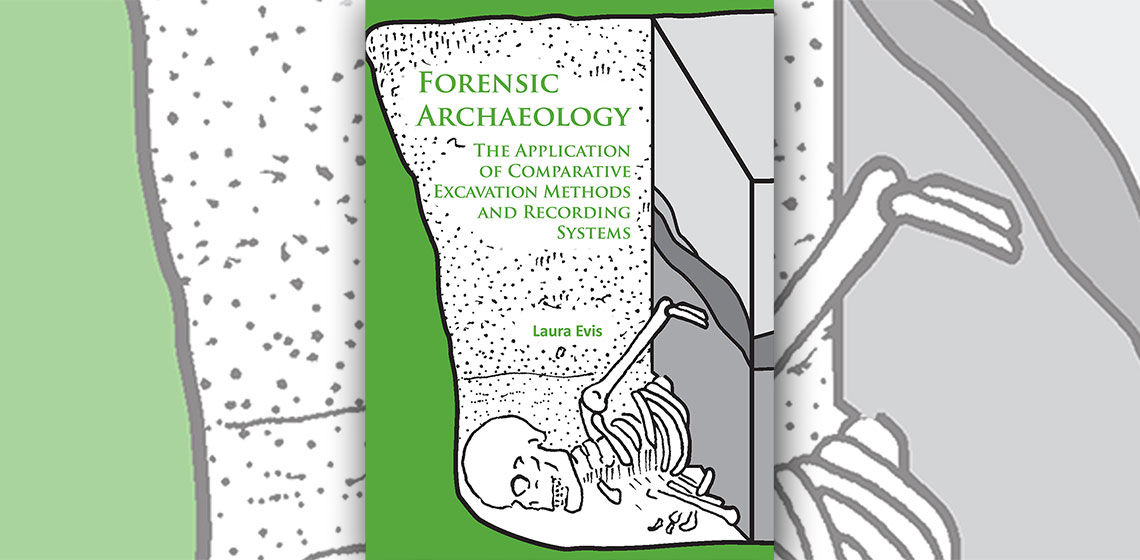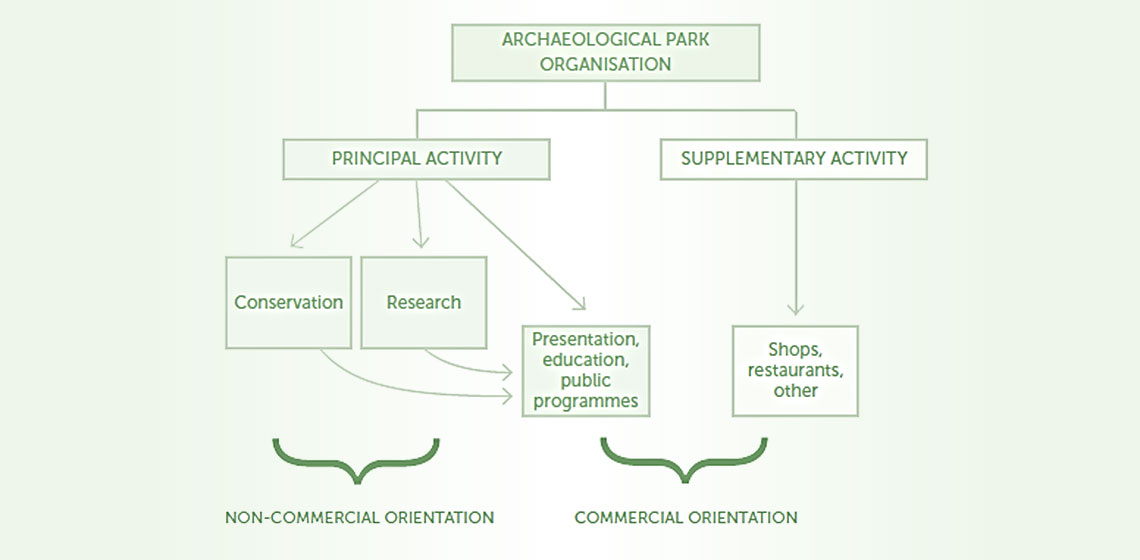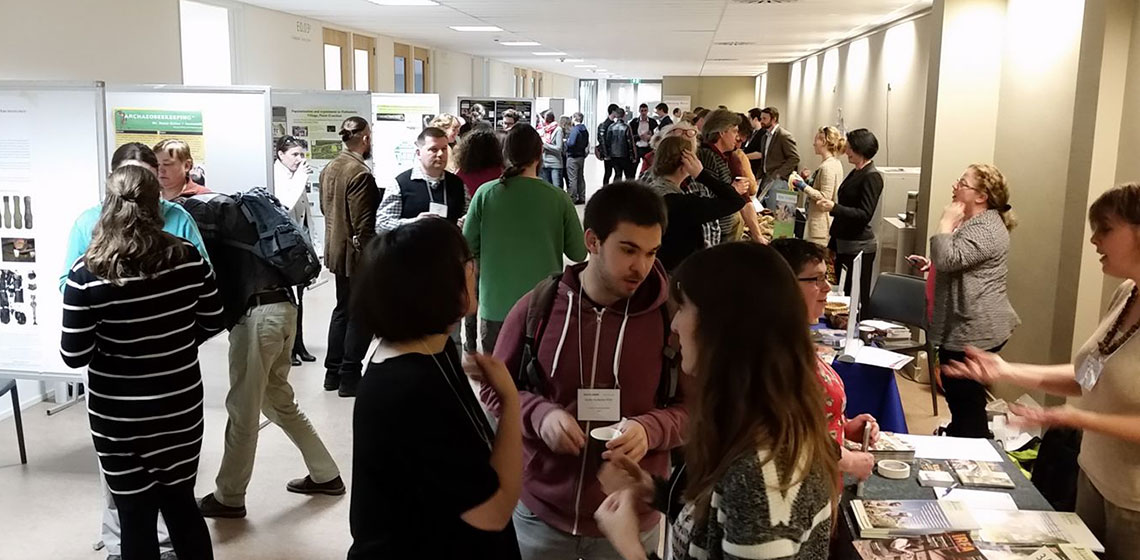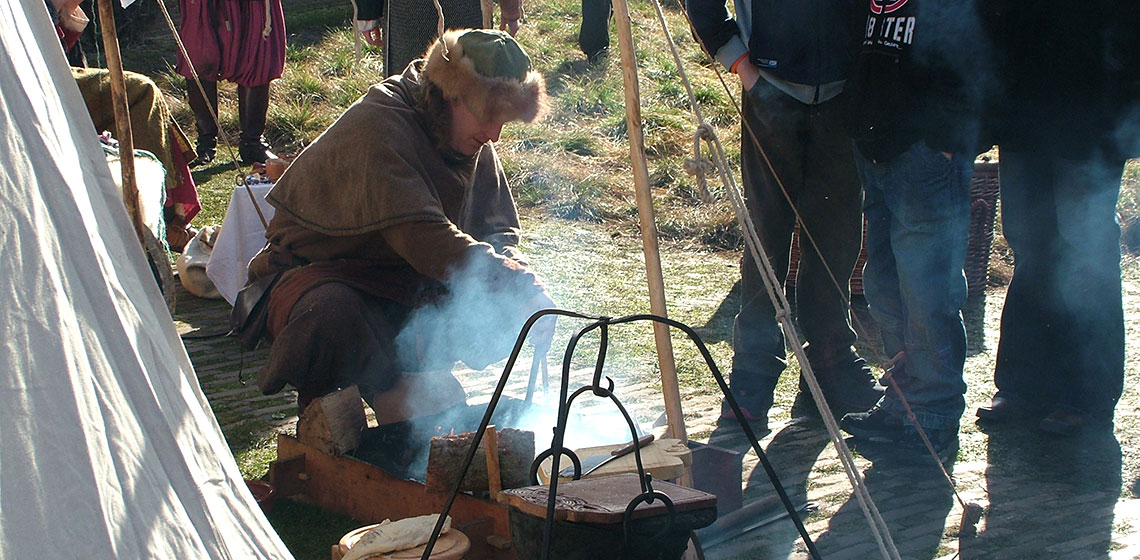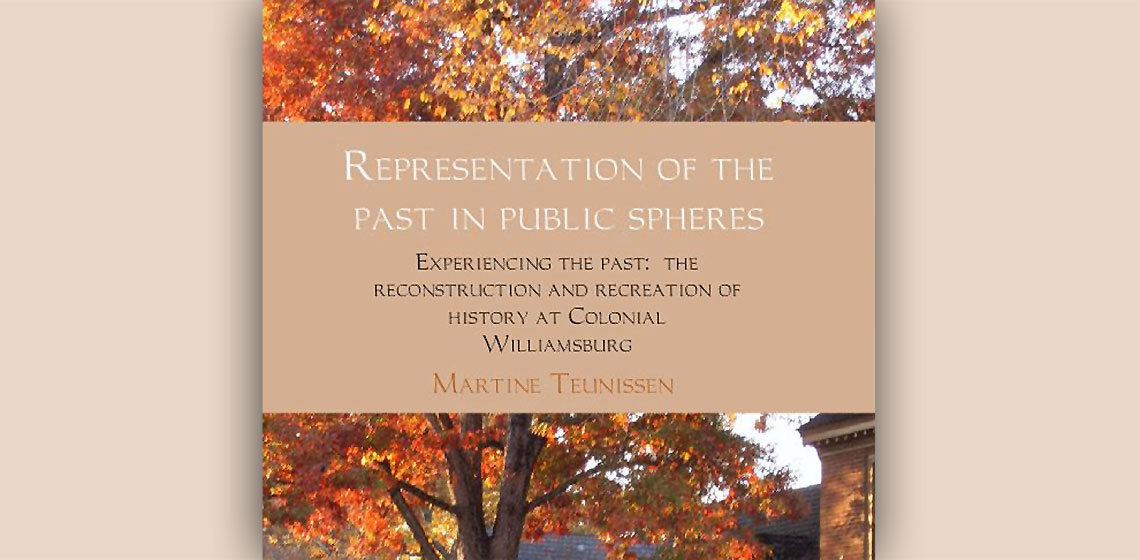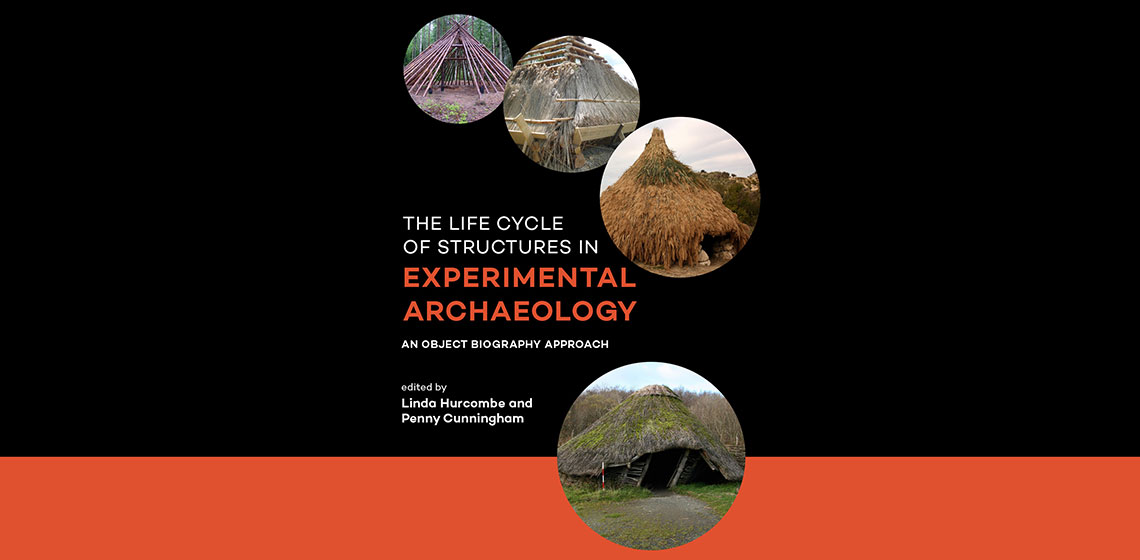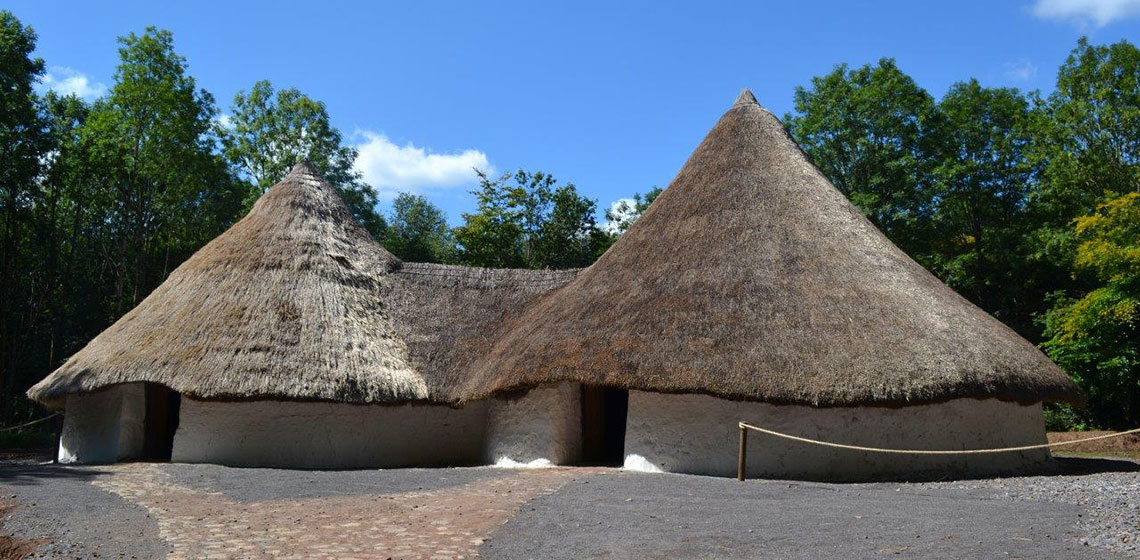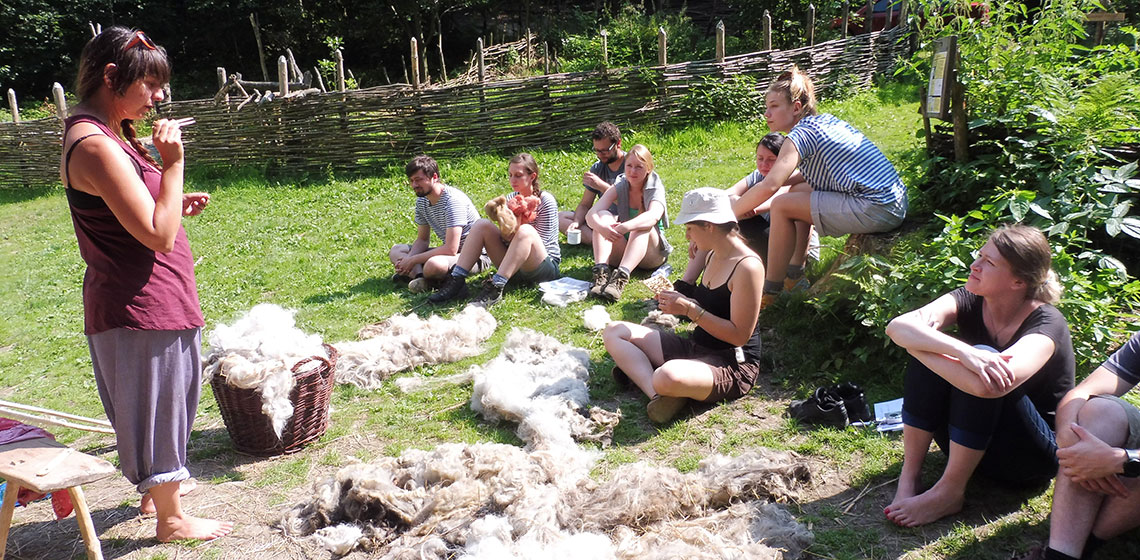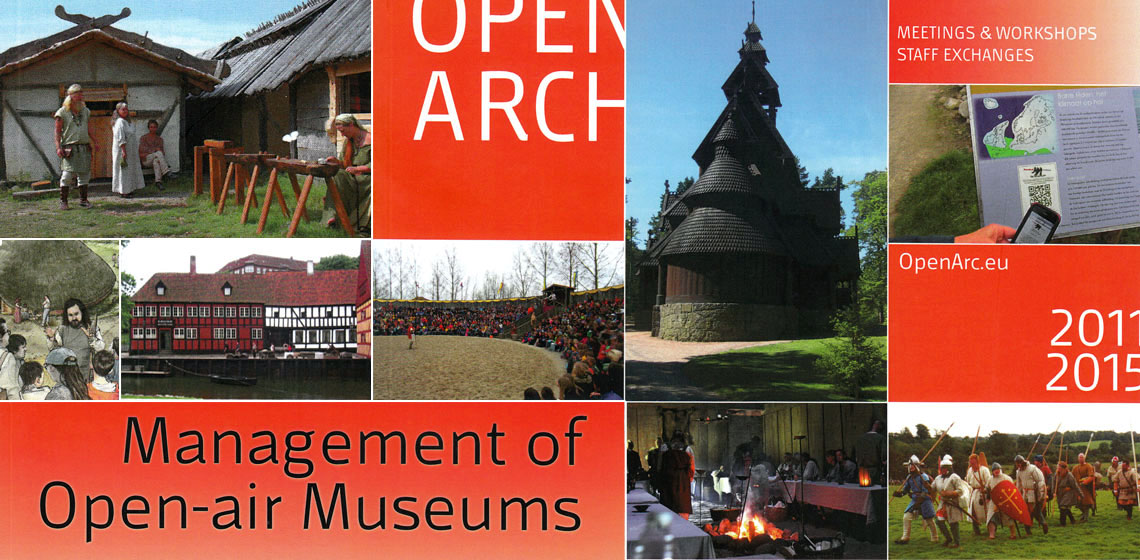Newest Era
Book Review: Forensic Archaeology: the Application of Comparative Excavation Methods and Recording Systems by Laura Evis
Build It and They Will Come: Managing Archaeological Open-Air Museums in Britain for Stability
Conference Review: Fields of Dreams - the EAC10 Conference, Leiden 2017
The 10th Experimental Archaeology Conference of EXARC took place in Leiden, Netherlands, over three days; 20th to the 22nd April 2017, in Leiden University’s Archaeology department. The first two days hosted a diverse range of presentations from all over the globe, while the final day consisted of a visit to Vlaardingen prehistoric house-building project and Eindhoven Museum.
What to Blame for the Atmosphere Change in Re-enactment Camps? Personal View
Book Review: Representation of the Past in Public Spheres. Experiencing the Past: the Reconstruction and Recreation of History at Colonial Williamsburg by Martine Teunissen
Book Review: The Movement - Comments on the Booklet How to Organize a Historical Event involving Reenactment Groups
What defines re-enactment and living history?
As I believe that a clarification of terms and the contextualisation of matters is a good starting point for any investigation, this question marks the beginning of my guide (Aune Nilsen 2015:6-7). Talking to organisers, museum workers and re-enactors in Scandinavia, I have noted that they all have different answers to this question.
Book Review: the Lifecycle of Structures in Experimental Archaeology – An Object Biography Approach by L. Hurcombe and P. Cunningham
Museums as Good Places
It was a bold and challenging brief. The trustees decided to commission two alternative reports. They invited Patrick Geddes, the pioneering biologist, sociologist, environmentalist, social reformer and city planner, to produce one of these, and T. H. Mawson the other. For Geddes, this was an opportunity to bring together his life's work across many disciplines in one visionary scheme. He spent months, with the assistance of a photographer, recording almost every square yard of the city, before submitting his plan.

